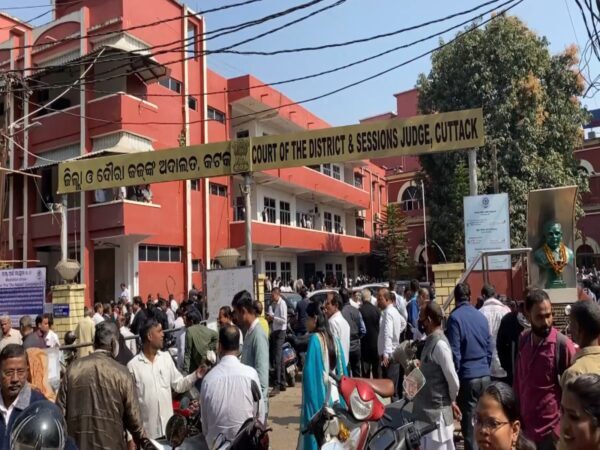
New Import Contracts For Pulses Food Prices Will Ease Post June
The government expects food prices to come down after rains, as the India Metrological Department (IMD) has predicted above-normal monsoon, the finance ministry said in its recent monthly economic review. The report further said that above normal rainfall will lead to higher production of crops.
“Further easing of food prices is on the anvil as IMD has predicted above-normal rainfall during the monsoon season, which is likely to lead to higher production, assuming good spatial and temporal distribution of the rainfall,” the March 2024, monthly economic review of the finance ministry said.
In India, food inflation has declined from 8.7 per cent in February to 8.5 per cent in March. Higher food inflation is mainly because of the high prices of vegetables and pulses. The government has taken measures to check prices it including imposition of stock limits to prevent hoardings, strengthening buffers of key food items, and periodic open market releases.
It has also eased imports of essential food items and channelized supplies through designated retail outlets.
The government is negotiating with new markets like Brazil and Argentina for long-term contract of pulses imports, government sources told ANI earlier. Over 20,000 tonnes of urad will be imported from Brazil and negotiations are almost at the final stage to import arhar from Argentina.
The government has also contracted with Mozambique, Tanzania and Myanmar to import pulses.
With regard to vegetables, CRISIL recent report suggests that, Vegetable prices will ease post June. The report says “The IMD has predicted an above-normal southwest monsoon in 2024. This augurs well for vegetable prices, but the distribution of monsoon is also crucial. IMD expects above normal temperatures till June, which could keep vegetable prices elevated for the next few months.”
This March, vegetable inflation was recorded at 28.3 percent, down from 30. percent in February but way off the 8.4 percent deflation seen a year earlier. Fiscal 2024 saw huge volatility, from a low of -7.9 percent in May 2023 to a high of 37.4 percent in July 2023.
The volatility, measured by standard deviation, stood at 15.4, the highest since fiscal 2020.
Vegetables were responsible for about 30 percent of food inflation in fiscal 2024, much higher than their 15.5 percent share in the food index.
RBI’s monetary policy too has raised concerns on escalating food prices, it says
“While a record Rabi crop will help in moderating cereal prices, the increasing occurrence of weather shocks poses an upside risk to food prices. Geopolitical tensions and their effect on oil prices add to this risk. However, Kharif crop prospects look bright at this early stage with the IMD’s prediction of an above-normal monsoon this year.”
High food inflation remains a challenge in several major economies in the world. For instance, countries like Germany, Italy, South Africa, France and the United Kingdom are facing high food prices.
Globally, the situation calls for continued efforts to address food price pressures. (ANI)
For more details visit us: https://lokmarg.com/



